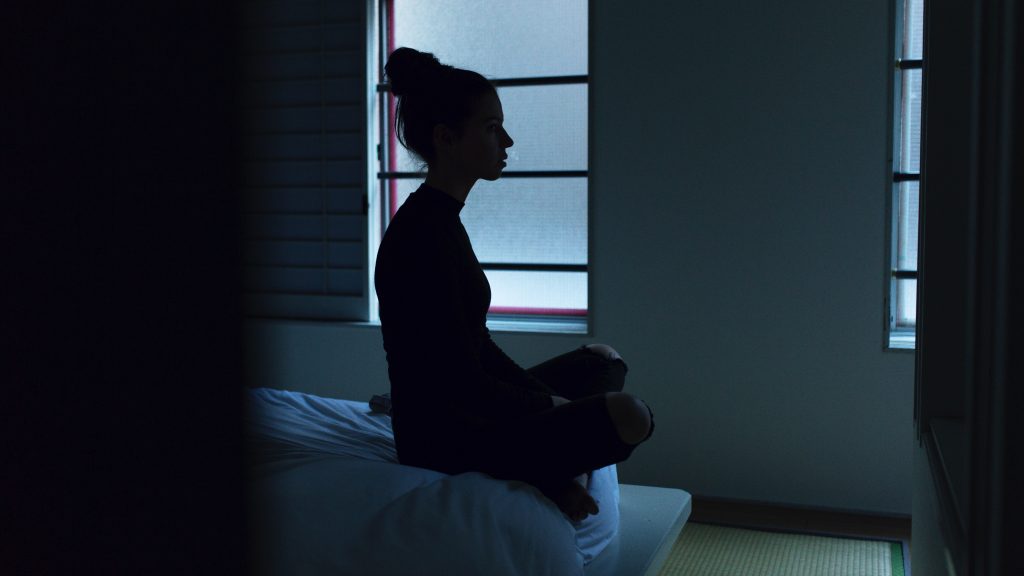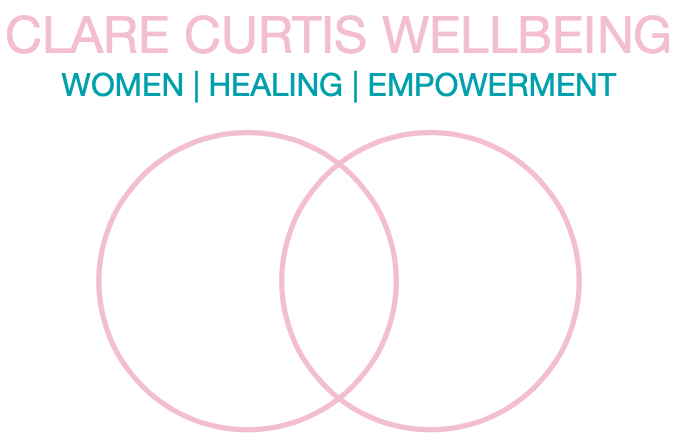
Whilst the suicide rates for men is three quarters higher than women, my experiences during childhood shaped my understanding of maternal wellbeing and mental health. I also suffered with post natal depression for 18 months five years ago.
I’m originally from Kent and when I was around nine years old during one of my mums struggles with her mental health, I heard her telling my Dad after being missing all day that she had been to Rochester Bridge, and was thinking about jumping. Luckily she didn’t.
Then fast forward a couple of years and I’m 11 years old, my mum was mostly in hospital due to her mental health around this time, I hadn’t long been at secondary school and my aunt had been staying with us a lot to help out. When my aunt needed to go back home for a bit my mum was out of hospital for a couple of days to see how she got on. My brother and I were watching TV after school but I suddenly felt I should check on my mum, my dad was still at work. I caught her in the kitchen holding a knife to her wrist. So I told her to let me have the knife and go upstairs to lie down, when she did I started looking for every sharp thing I could find and hid them behind a chair in our front room. When I went to check on my mum instead of finding her lying down like I’d suggested, she was trying to tie an extension lead cable around her neck. I shouted at her and told her to stop, took it out of her hands and made her lay down and rest.
It could’ve been so different. For people touched by events like this, or to have experienced the worst case scenario we know how crucial it is to have support and services available to help those suffering with their mental health.
Official figures state that the maternal death rate is one in eleven in the UK during and up to 6 weeks after pregnancy due to a psychiatric cause. A quarter of late maternal deaths are by suicide and can be linked to post natal depression. Actual figures for PND vary according to sources, from one in five, to one in four, some mothers don’t seek help so the figures are suspected to be higher than records show. If we were to look more into maternal services and what’s available to women postnatally there is still not enough support for new mothers.
However, there are positive changes, there is far more awareness and less stigma regarding mental health than there was around 30 years ago and there is far more awareness around the importance of taking care of our mental wellbeing.
Through my work with women in pregnancy and postnatally I intend to keep raising awareness about maternal wellbeing. I would like women to feel supported whether they need it or not, I want women to know it’s ok not to be ok, it’s ok that sometimes motherhood is tough and that if you need it it’s crucial to seek help for yourself.
I offer various pre and postnatal services to women and have a created a positive community #Mothers Supporting Mothers Movement. I also provide one to one Birth Trauma Recovery for women that still suffer after their birth with symptoms of post traumatic stress. This can be a trigger for PND and the symptoms that come with that, including in some cases maternal suicide.
I may not always be the right person to help however I see myself as able to signpost women to services that they may not be aware of that are available to support them, I’m honest and open about my own struggles with PND and motherhood in general and the more I share the more others share too. It lightens the load we carry with us. If you have any mental health issues I urge you to reach out to people you know will listen. Whilst every situation is different, if you’re unwell then I also want you to know you can get better and there is always hope.
ClareXx
